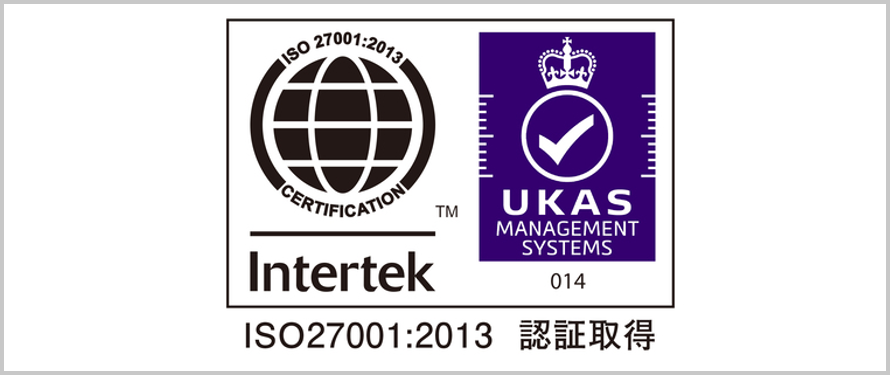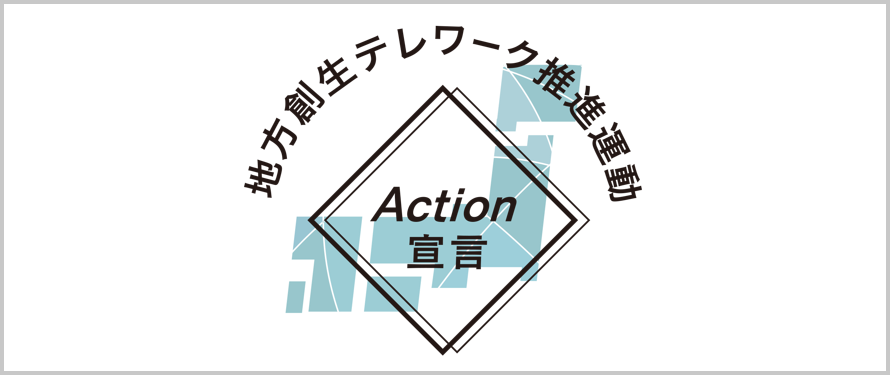About sharing network equipment
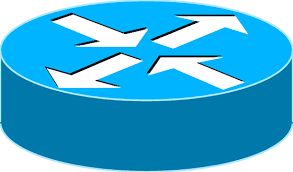
table of contents
This is Ohara from the technical sales department.
This time's topic is a little different from the topic of servers, and is about network equipment provided by various manufacturers.
I will write about the share of each router, switch, AP, etc. based on my personal impressions.
*Part of this article is quoted from the following
[Network Survey 2015]
http://corporate.nikkeibp.co.jp/info/newsrelease/20150629.shtml
■ Router department
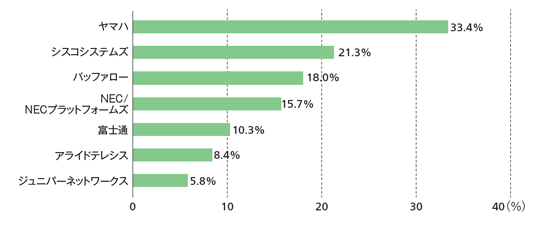
Yamaha is in first place, followed by Cisco Systems and Buffalo in second place, but Yamaha's lead is noticeable.
Speaking of Yamaha, the "RTX series" is famous. It has been introduced in many SOHO and small-to-medium sized businesses, and it is likely that many people in charge of information systems use it.
The reason is,
- Affordable price for a managed router
- 24365 Low price annual maintenance service
- There is also a lot of information about settings etc.
I think the reason is that it has good cost performance.
Recently, in addition to the routing function,
- "FWX120" enables URL filtering without network changes as a transparent FW
- "RTX1210" allows integrated management of in-house switches, APs, and other devices as a LAN map using a GUI
Since products like the ones above are available, I think it is recommended for companies that do not need UTM but are looking for a router + security functions.
■ UTM department
In first place is Fortinet (27.4%), which is far ahead of other companies in terms of market share.
In the Japanese market, it has been No. 1 in terms of both shipments and sales for 10 consecutive years. As expected of a UTM pioneer.
The FortiGate series provided by Fortinet,
like the aforementioned Yamaha, is widely used by SOHO, small and medium-sized businesses, and hosting service providers.
(By the way, we also use the FortiGate series for our hosting service.)
The reason for our top market share is that we were the
first to integrate multiple security functions such as FW, Anti-Virus, VPN, IDS/IPS, anti-spam email, and web filtering, and
were able to run them on a single appliance. FortiGate," and I think that's why it was successful and
has penetrated the current UTM market.
Recently, various appliance vendors have begun to enter the UTM market, partly due to the impact of My Number security measures.
*By the way, there is a product called "next generation firewall", but there is no clear difference in definition from UTM. If I had to pick one, I would say the main function is the FW function, and the optional function is the UTM function.
■ AP department (autonomous)
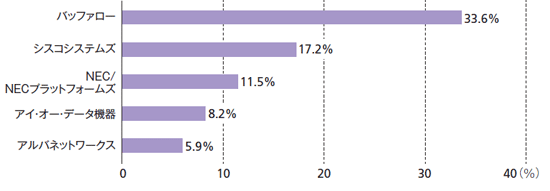
The above is the share of AP products that operate independently. (APs that operate independently are called "autonomous.")
Buffalo Inc. is suitable for cost performance because it makes the NW environment of one department wireless and is relatively inexpensive if used by about 10 to 20 people. .
■ AP department (centralized management type)
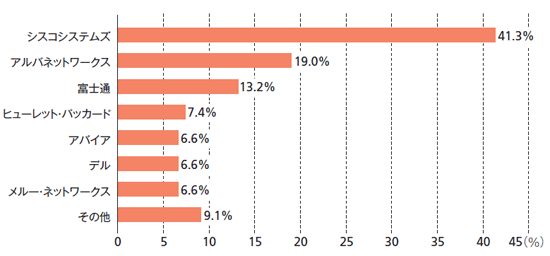
The above is the share of products with AP + wireless LAN controller function.
In contrast to the share of autonomous products, Cisco Systems' AP has a share.
Currently used in other companies' products as well.
- MIMO(Multi-Input Multi-Output)
- channel bonding
- dual band
- Avoiding radio wave interference bands through centralized management using a wireless controller, etc.
Cisco Systems is said to be the first in the industry to provide the above functionality.
Also, compared to other companies, the product price is set high, but it is mainly installed in so-called large facilities such as airports, baseball stadiums, hospitals, schools, etc., and
these cases have a large impact on market share and reliability. I think there are.
■ Switch department (access switch/edge switch)
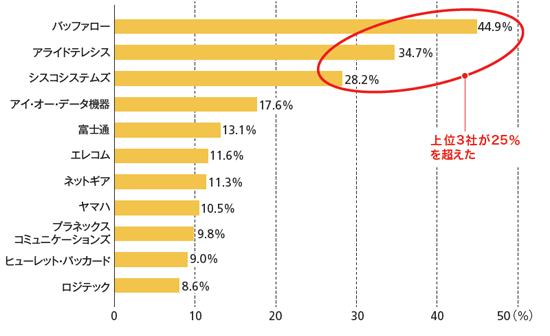
Buffalo is number one in the edge switch area. Since the price is low compared to other companies' products, it seems that many companies simply purchase a new product and replace it without repairing it even if it breaks down.
(A lot of them are also sold at certain electronics shops.)
■ Switch department (L2 switch)

■ Switch department (L3 switch)

In the L2 switch category, Cisco Systems is in first place, followed by Allied Telesis in second place, but
in the L3 switch category, it has overwhelmingly outpaced other companies and has the No. 1 share.
I think most of them are mainly introducing "Catalyst", but the majority of Cisco Systems' products are equipped with excellent software called "Cisco IOS", and
companies that have introduced Catalyst will continue to use it even after replacement. It seems that there is a tendency to choose Catalyst. Apparently there are so-called "Catalyst craftsmen" who like that CLI.
(By the way, this has nothing to do with Apple's iOS.)
■Summary
Above, I have written my opinion regarding the share of network equipment.
However, this time we are just talking about sharing, so I think it is best to introduce it according to the company's network environment and budget.

![[Osaka/Yokohama/Tokushima] Looking for infrastructure/server side engineers!](https://beyondjapan.com/cms/wp-content/uploads/2022/12/recruit_blog_banner-768x344.jpg)
![[Deployed by over 500 companies] AWS construction, operation, maintenance, and monitoring services](https://beyondjapan.com/cms/wp-content/uploads/2021/03/AWS_構築・運用保守-768x344.png)
![[Successor to CentOS] AlmaLinux OS server construction/migration service](https://beyondjapan.com/cms/wp-content/uploads/2023/08/almalinux_blogbanner-768x344.png)
![[For WordPress only] Cloud server “Web Speed”](https://beyondjapan.com/cms/wp-content/uploads/2022/11/webspeed_blog_banner-768x344.png)
![[Cheap] Website security automatic diagnosis “Quick Scanner”](https://beyondjapan.com/cms/wp-content/uploads/2023/04/quick_eyecatch_blogbanner-768x345.jpg)
![[Reservation system development] EDISONE customization development service](https://beyondjapan.com/cms/wp-content/uploads/2023/06/edisone_blog_banner-768x345.jpg)
![[Registration of 100 URLs is 0 yen] Website monitoring service “Appmill”](https://beyondjapan.com/cms/wp-content/uploads/2021/03/Appmill_ブログバナー-768x344.png)
![[Compatible with over 200 countries] Global eSIM “Beyond SIM”](https://beyondjapan.com/cms/wp-content/uploads/2024/05/beyond_esim_blog_slider1-768x345.jpg)
![[If you are traveling, business trip, or stationed in China] Chinese SIM service “Choco SIM”](https://beyondjapan.com/cms/wp-content/uploads/2024/05/china-sim_blogbanner-768x345.jpg)
![[Global exclusive service] Beyond's MSP in North America and China](https://beyondjapan.com/cms/wp-content/uploads/2024/06/gloval_surport_blog_slider-768x345.jpg)
![[YouTube] Beyond official channel “Biyomaru Channel”](https://beyondjapan.com/cms/wp-content/uploads/2021/07/バナー1-768x339.jpg)
 1
1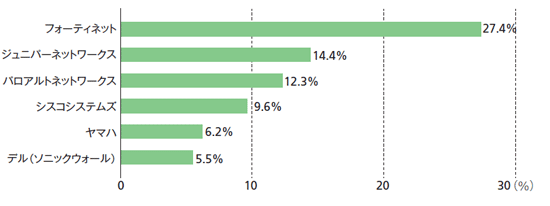
![[2025.6.30 Amazon Linux 2 support ended] Amazon Linux server migration solution](https://beyondjapan.com/cms/wp-content/uploads/2024/05/59b34db220409b6211b90ac6a7729303-1024x444.png)
